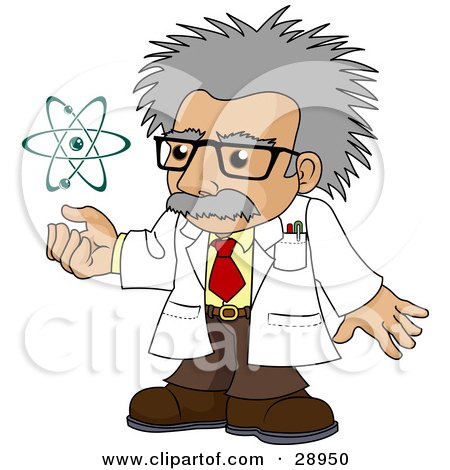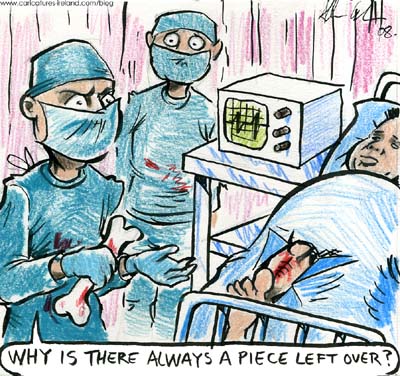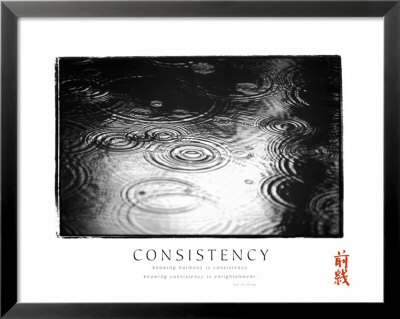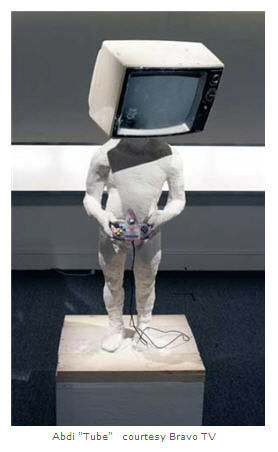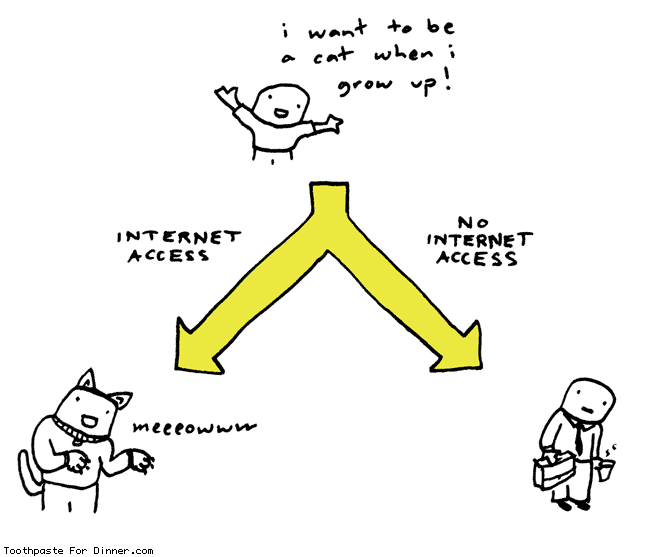.
Sometimes the Obvious...
In this interesting article published in
Science News on Friday, July 16th, 2010, studies suggest that some people have a gene that will lead them to drink more heavily when in a group drinking setting than when alone.
Now, at least for me, this seems to be so damn obvious that at first glance it seems like a foolish thing to study. In my own mind, I am much more interested and finding enjoyment in drinking when I am around people I know who are also indulging. But, then again, I gess there are solitary drinkers, so who knows.
DNA Variant May Make Heavy Boozing a Team Sport : Carriers Imbibed More Around Hard-Drinking Partners Here’s some not-so-sobering news for party people, barhoppers and clubgoers. Individuals who inherit a particular gene variant that tweaks the brain’s reward system are especially likely to drink a lot of alcohol in the company of heavy-boozing peers.
That’s the preliminary indication of a new study directed by psychology graduate student Helle Larsen of Radboud University Nijmegen in the Netherlands. Adults carrying at least one copy of a long version of the dopamine D4 receptor gene, dubbed DRD4, imbibed substantially more alcohol around a heavy-drinking peer than did others who lacked that gene variant, Larsen’s group reports in a paper published online July 7 in Psychological Science.
“Carriers of the long gene may be more attuned to, and influenced by, another person’s heavy drinking than noncarriers are,” Larsen says.
Her study provides the first evidence that a gene influences human alcohol use in social situations.
Scientists have yet to decipher the precise brain effects of DRD4’s long form. Larsen hypothesizes that in the presence of heavy drinkers, the gene variant may increase dopamine activity in brain areas that amplify alcohol’s appeal as a rewarding social activity.
“If this gene-environment interaction stands, and I don’t see why it shouldn’t, there is every reason to expect the effect would extend to drugs besides alcohol, as well to many motivated pursuits,” remarks biopsychologist Kent Berridge of the University of Michigan in Ann Arbor, who was not involved with the new study.
Sociologist Michael Shanahan of the University of North Carolina in Chapel Hill lauds the new study for ruling out the possibility that carriers of the key gene simply like to drink a lot of booze and tend to do so with other heavy drinkers. Instead, alcohol use jumped among volunteers with a long DRD4 gene who happened to see a stranger imbibe heavily for a brief time.
Larsen and her colleagues asked 60 women and 53 men to evaluate advertisements for an alcohol-abuse prevention campaign. Each volunteer entered a room that had been furnished as a typical Dutch pub, accompanied by a person of the same sex who the volunteer thought was another participant but who was actually working with the researchers.
In between two 10-minute evaluation sessions, volunteers and the researchers’ confederates were given a break. An experimenter asked them to sit at a bar stocked with peanuts, beer, wine, soda and mineral water and to drink whatever they wanted.
As instructed, confederates took the initiative and drank either two sodas, one alcoholic drink and then one soda; or three alcoholic drinks for women and four alcoholic drinks for men over a 30-minute period.
DNA analyses of saliva identified 31 volunteers as carriers of the long DRD4 gene, which contains an amino acid sequence that repeats seven times.
When confederates stuck to sodas or drank one alcoholic beverage, long-gene carriers and noncarriers alike limited themselves to an average of less than half a glass of wine or half a bottle of beer.
When confederates quaffed multiple alcoholic drinks, carriers of the gene variant consumed an average of almost two wine or beer servings, versus almost one serving for noncarriers.
These results held for men and women, all of whom said they drink socially, regardless of how much alcohol they reported drinking weekly.
Deceptive research techniques can backfire if volunteers see through them and don’t admit it to researchers (SN: 6/20/98, p. 394). But when interviewed after testing, none of the participants guessed the study’s real aim or the confederate’s agenda.
Other researchers need to confirm these findings, Larsen says. Some attempts to replicate findings from other studies of gene-environment interactions have yielded mixed results, including follow-up work on a study by researchers from Duke University in Durham, N.C., that found that another gene variant promotes depression in people who experience stress.
* * * * *
Still, an intersting article. I must be more like what this article says.
PipeTobacco







